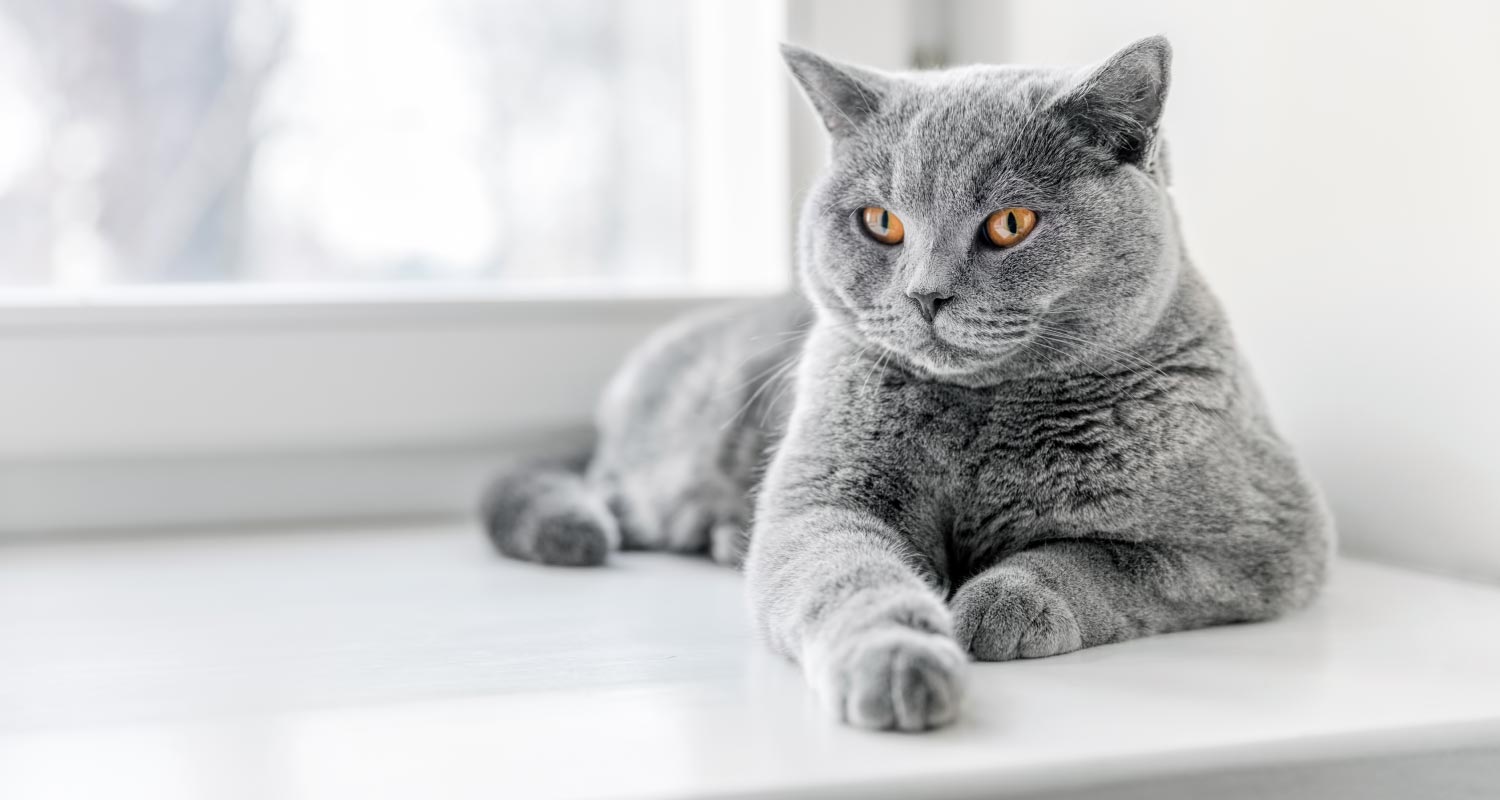HEALTH & WELLNESS

VOTING BOOTH

TRENDING

LIONS FOUNDATION OF CANADA DOG GUIDES
Lions Foundation of Canada Dog Guides and its founding program, Canine Vision Canada, was established in 1983. It’s the largest school of its kind in Canada with its training school in Oakville and breeding facility in Breslau.
Acute and Chronic Feline Kidney Failure – How long can your cat live?

KIDNEY FUNCTION
The kidney is a highly complex and remarkable organ that provides these essential functions:
- Filtering waste products and extra water from the blood so that they can be excreted in the urine. This process eliminates toxins from the body and maintains a proper level of hydration.
- Regulating electrolytes (such as sodium, potassium, phosphorous, and calcium) in the body.
- Producing and concentrating urine, which is made up of waste, toxins, and extra fluid that the body doesn’t need.
- Producing erythropoietin, a hormone that stimulates the bone marrow to create new red blood cells. Red blood cells carry oxygen throughout the body.
- Producing renin, an enzyme that controls the body’s blood pressure.
Once the kidneys are damaged, they have very limited ability to recover.
Unfortunately, it is difficult to predict life expectancy with malfunctioning kidneys since each case is unique; however, there is a difference in life expectancy with regards to managed and unmanaged kidney failure. Discussing immediate or ongoing treatment options (whichever is relevant) with your vet is therefore very important.
Two Types of Kidney Failure
There are two types of kidney failure that can affect cats. Both need attention immediately.
ACUTE KIDNEY INJURY (AKI)
(previously called acute renal failure)
DEFINITION
Sudden, serious kidney failure.
CAUSE
Ingesting something that’s toxic for cats (e.g. lilies or antifreeze) can trigger AKI.
TREATMENT
Can include meds and IV fluids which may be enough to recover lost kidney function.
PROGNOSIS
Can range from mild to fatal.
CHRONIC KIDNEY DISEASE
(previously called chronic renal failure)
DEFINITION
Gradual, ongoing loss of kidney function that ends in fatal kidney failure.
CAUSE
In many cases, it remains unknown, but many factors can lead to CKD.
TREATMENT
It’s all about treating and managing the disease since it cannot be cured.
PROGNOSIS
CKD is incurable; lost kidney function can never be recovered.
Kidney Failure and Life Expectancy
Prognosis differs greatly from cat to cat.
Acute Kidney Injury (AKI)
Lots of factors can influence the likely course of AKI such as:
- Cause
- Curability
- When it was discovered because AKI can be fatal in a matter of hours
- Aggressiveness/promptness of treatment
The first 24 to 48 hours are crucial. In many cases, AKI ends in fatality.
Chronic Kidney Disease (CKD)
Lots of factors can influence the likely course of CKD such as:
- Cause, if it can be determined
- How early diagnosis is made
- The stage of the disease
- General health
- Age
Although there’s no cure, as previously mentioned, prognosis for CKD in the early stages can be favourable.
Quality of Life and Challenges with CKD
With CKD, early detection and appropriate treatment can greatly improve quality of life and life expectancy. The sooner treatment starts, the longer the life expectancy. Some cats – usually those that receive appropriate, ongoing treatment – live for years after being diagnosed.
WHEN CKD TREATMENT IS NOT MAINTAINED AND DIET AND HYDRATION ARE NOT MANAGED, LIFE EXPECTANCY MAY BE DECREASED.








